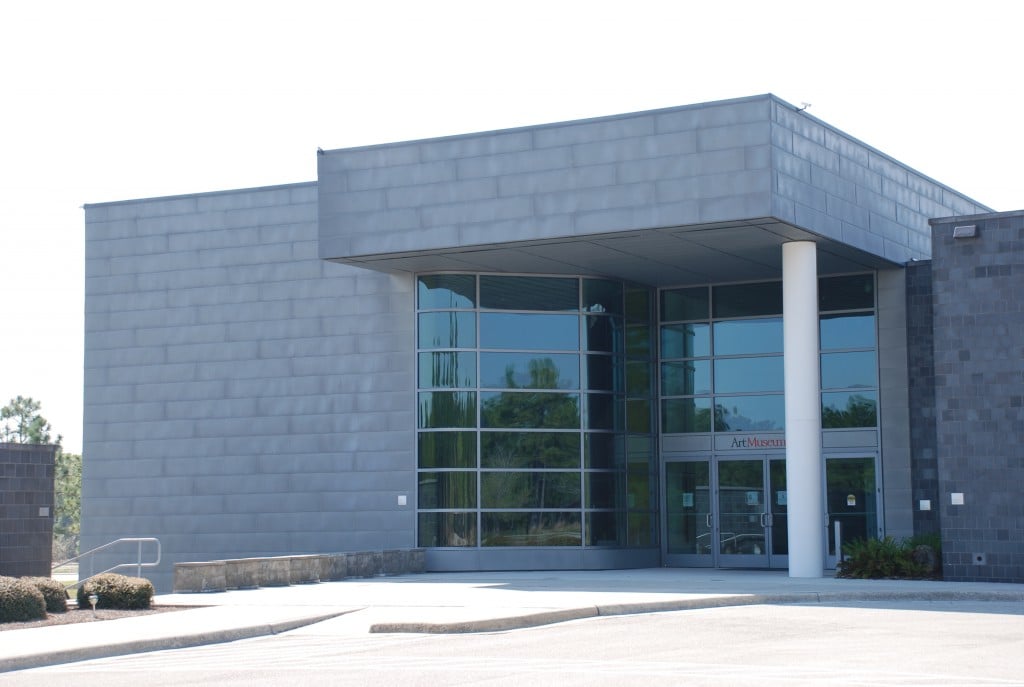Highway marker to recognize 1898 Wilmington coup
WILMINGTON, NC (WWAY) — A new highway historical marker will mark a dark period in North Carolina’s history that happened right here in Wilmington more than a century ago.
Last week the North Carolina Highway Historical Marker Program Advisory Committee approved the sign marking the 1898 coup and race riots in the Port City.
Earlier today Rep. Deb Butler (D-New Hanover County) tweeted an e-mail from the committee that she told WWAY she received yesterday.
This is overdue, but@welcome nonetheless. pic.twitter.com/10GhTDlheF
— Deb Butler (@DebButlerHD18) December 29, 2017
Butler said in a statement, “A marker or a plaque can’t fix the horrible damage done to the citizens of our community, but public acknowledgment is required for healing to begin.”
According to the committee’s website, the plaque will be placed on Market Street between 4th and 5th streets in Wilmington. The 1898 Memorial stands just a couple blocks away.
WILMINGTON COUPArmed crowd met, Nov. 10, 1898, at armory here, marched 6 blocks S.E., and burned office of Daily Record, black-owned newspaper edited by Alex Manly. Violence left up to 60 blacks dead. Led to overthrow of the city government and the installation of coup leader Alfred Moore Waddell as mayor. “Race riot” was part of a state-wide political campaign based on calls for white supremacy & exploitation of racial tensions.
In 1898 white supremacists overthrew the city’s government and forced black leaders from Wilmington in what historians consider the only successful coup d’etat in American history. The riots started after an editorial by Alex Manly, a black newspaper editor. Rioters eventually burned down his office. In 1994, a historical marker honoring Manly was placed on 3rd Street between Nun and Church streets in Wilmington.
In 2000, the General Assembly established the 1898 Wilmington Race Riot Commission. According to the commission’s website, its goal was “to develop a historical record of the event and to assess the economic impact of the riot on African Americans locally and across the region and state.” The commission issued a final report in 2006. The General Assembly adopted a resolution acknowledging the commission’s findings in 2007.





Leave a Reply